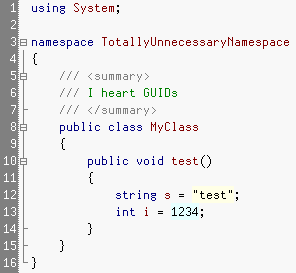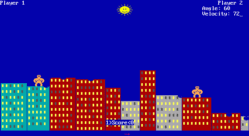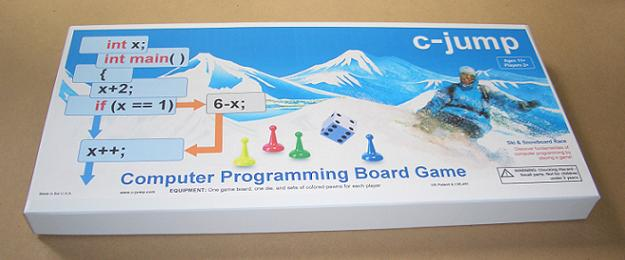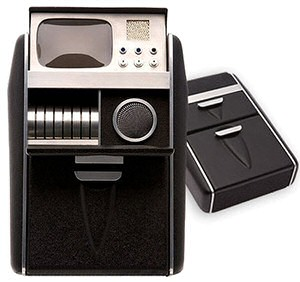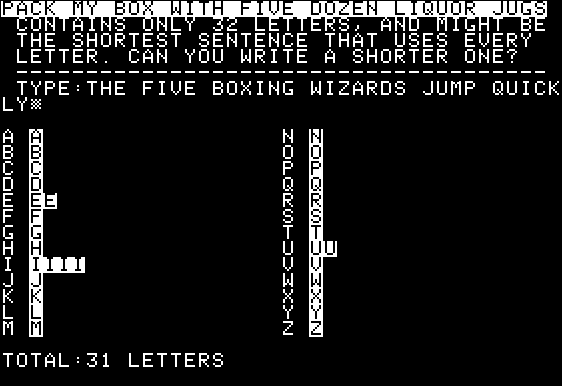
programming languages
Road Signs and Icons
I’ve always been fascinated with road signs. And evidently so is Donald Knuth: During our summer vacation in 2003, my wife and I amused ourselves by taking leisurely drives in Ohio and photographing every diamond-shaped highway sign that we saw along the roadsides. (Well, not every sign; only the

